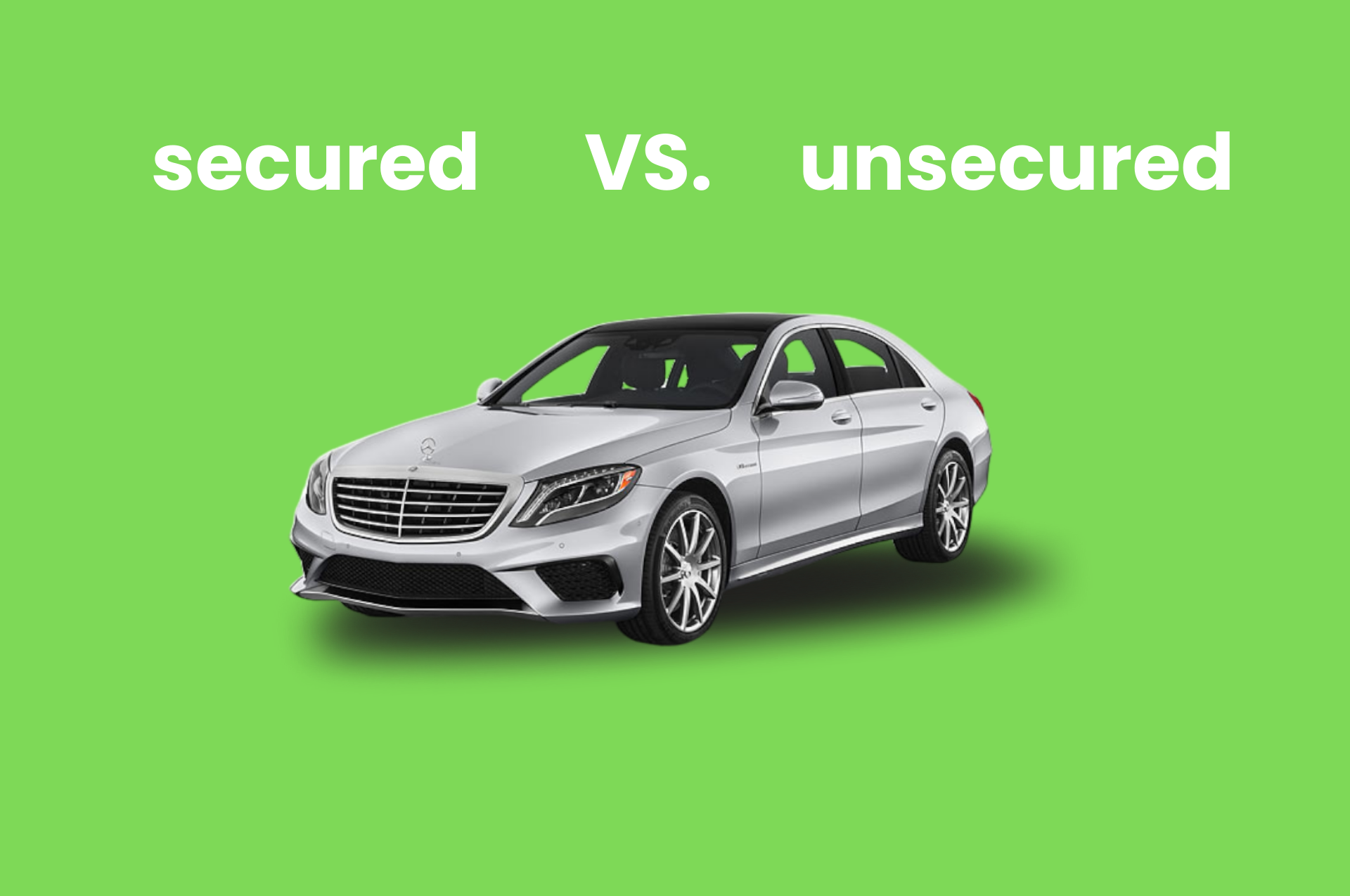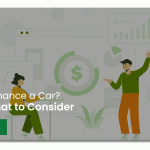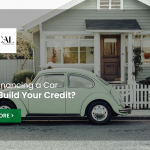

Exploring Different Types of Car Loans: Secured vs. Unsecured
It’s vital to comprehend the various types of car loans when you’re looking to finance your next vehicle. The main options are secured and unsecured car loans, each with its pros and cons. They are suitable for different financial situations and borrower profiles. In this blog post, we will discuss the main differences between secured and unsecured car loans to assist you in making a well-informed decision.
What is a Secured Car Loan?
A secured car loan is a type of loan that is backed by collateral. In the case of car loans, the vehicle you are purchasing typically serves as the collateral. This means that if you fail to make your loan payments, the lender has the right to repossess the car to recover their losses.
Advantages of Secured Car Loans:
- Lower Interest Rates: Because the loan is backed by collateral, lenders face less risk and are often willing to offer lower interest rates.
- Higher Loan Amounts: Secured loans can allow you to borrow more, as the collateral reduces the lender’s risk.
- Easier Approval: With collateral in place, lenders may be more willing to approve your loan, even if your credit score is not perfect.
Disadvantages of Secured Car Loans:
- Risk of Repossession: If you default on your loan, the lender can repossess the vehicle, which can have significant financial and personal consequences.
- Depreciation: The value of the car can depreciate faster than the loan is paid off, potentially leaving you owing more than the car’s worth.
What is an Unsecured Car Loan?
An unsecured car loan does not require any collateral. Typically, these loans are based on your creditworthiness and financial situation. Because there is no collateral to back the loan, unsecured loans generally have higher interest rates and stricter lending criteria.
Advantages of Unsecured Car Loans:
- No Risk of Repossession: Without collateral, you don’t have to worry about losing your vehicle if you default on the loan.
- Simpler Process: There’s no need to appraise the car or handle other collateral-related tasks, making the loan approval process faster and simpler.
Disadvantages of Unsecured Car Loans:
- Higher Interest Rates: Since the lender takes on more risk without collateral, unsecured loans typically come with higher interest rates.
- Stricter Approval Requirements: You’ll likely need a strong credit score and a stable financial history to qualify for an unsecured car loan.
- Lower Loan Amounts: Unsecured loans may have lower borrowing limits, which might not cover the full cost of the car you want to purchase.
Which One is Right for You?
Choosing between a secured and unsecured car loan depends on your financial situation, credit history, and personal preferences. Here are some factors to consider:
- Credit Score: If you have a strong credit score, you might qualify for favourable terms on an unsecured loan. However, if your credit score is less than stellar, a secured loan might be easier to obtain and offer better rates.
- Loan Amount: If you need to borrow a significant amount of money to purchase a more expensive vehicle, a secured loan might be your best option.
- Risk Tolerance: Consider your comfort level with the possibility of losing your vehicle. If you’re not willing to risk repossession, an unsecured loan might be more appealing.
Conclusion
It’s important to understand the differences between secured and unsecured car loans to make an informed decision about your auto financing. Each type of loan has its benefits and drawbacks, so it’s essential to evaluate your financial situation, credit history, and personal preferences before choosing the best option for you. At OCAL Financial, we’re here to help you navigate your car financing options and find the solution that fits your needs. Contact us today to learn more and get started on the road to owning your next vehicle.
Related posts


Auto Finance Doesn’t Have to Be Complicated — Here’s How Emily Got Approved, Fast

How Vanessa Fell in Love with Her 2019 Jeep Compass & How OCAL Helped







